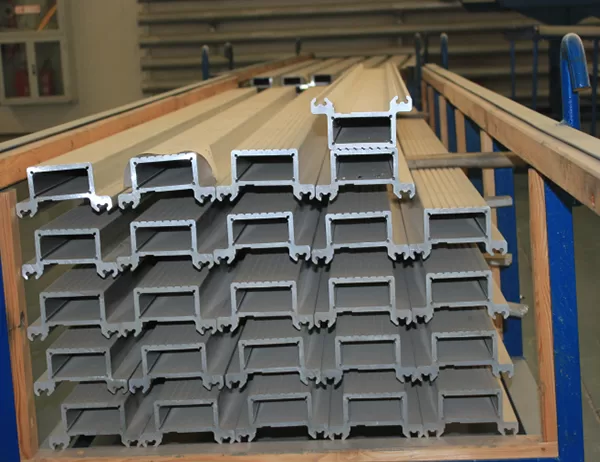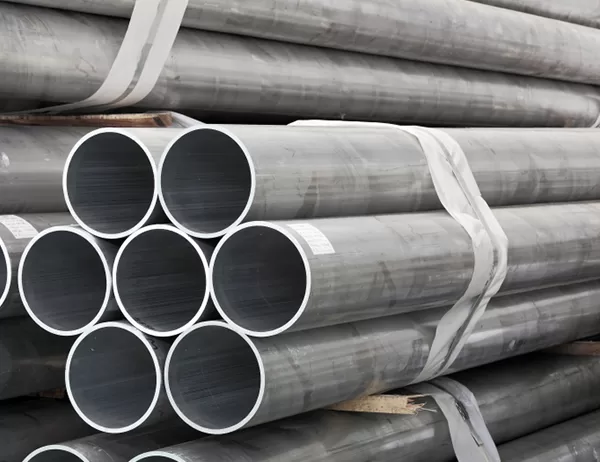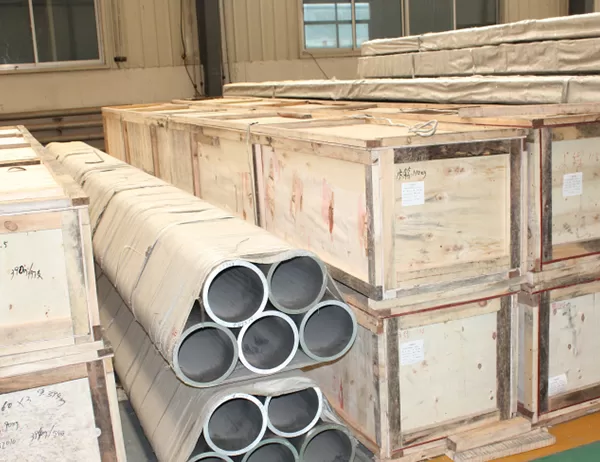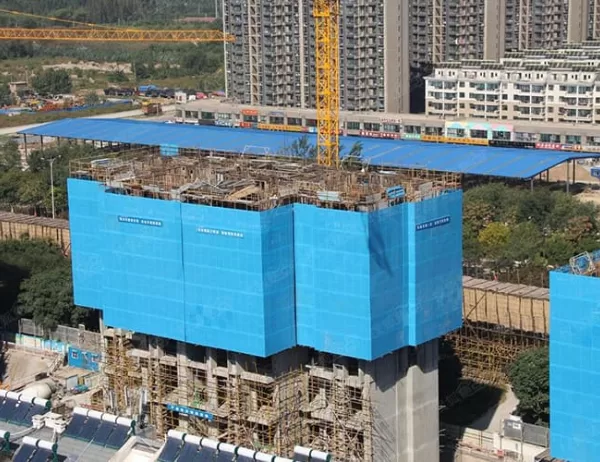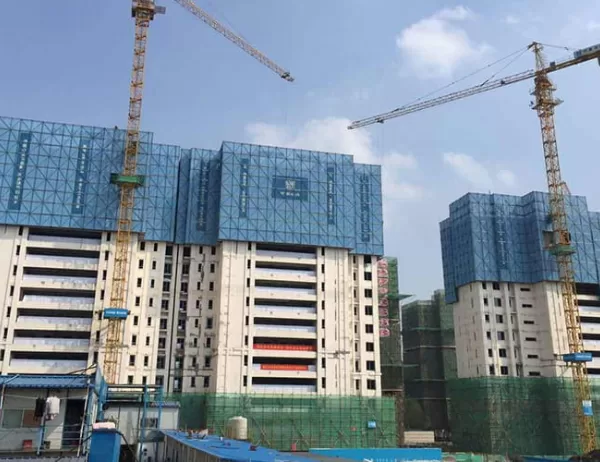When it comes to selecting the right industrial aluminum profile for your project, several key factors come into play. Understanding the properties and applications of different aluminum profiles is essential to ensure you choose the material that best aligns with your specific requirements. This comprehensive guide will delve into the essential considerations when choosing the ideal industrial aluminum profile for your project.
Several factors should be taken into account when selecting the right industrial aluminum profile.
1. Strength and Durability
The strength and durability of an aluminum profile are crucial for ensuring the structural integrity and longevity of your project. Consider the load-bearing capacity, impact resistance, and corrosion resistance required based on the intended use.
2. Weight and Flexibility
The weight and flexibility of the aluminum profile influence its handling, installation, and overall performance. Determine whether a lightweight or heavy-duty profile is required and consider the level of bending or shaping necessary.
3. Surface Finish
The surface finish of the aluminum profile affects its aesthetics and functionality. Choose from various finishes such as anodized, powder-coated, or mill-finished to suit your specific requirements for corrosion resistance, wear resistance, or desired appearance.
4. Compatibility
Consider the compatibility of the aluminum profile with other components or systems in your project. Ensure the profile’s dimensions, tolerances, and connection methods align with the intended application and surrounding materials.
5. Cost and Availability
The cost and availability of the aluminum profile are critical factors to consider. Determine the budget and lead time constraints for your project and research the availability of the desired profile size and specification.
Industrial aluminum profiles find a wide range of applications in various industries due to their versatility and high performance.
1. Automotive Industry
Aluminum profiles are used in car frames, body panels, and interior components due to their lightweight, strength, and corrosion resistance.
2. Aerospace Industry
In aircraft construction, aluminum profiles provide structural support, enhance fuel efficiency, and minimize weight.
3. Construction Industry
Aluminum profiles are prevalent in curtain walls, window frames, and roofing systems due to their durability, weather resistance, and aesthetic appeal.
4. Robotics and Automation
Aluminum profiles form the backbone of robotic arms, structural frames, and conveyor systems due to their lightweight, rigidity, and precision.
5. Medical Industry
Aluminum profiles are employed in hospital equipment, imaging systems, and laboratory workstations due to their hygiene properties, durability, and ease of cleaning.
Choosing the right industrial aluminum profile for your project requires careful consideration of the specific requirements and applications. By assessing factors such as strength, weight, surface finish, compatibility, and cost, you can select the material that best meets your needs. Industrial aluminum profiles offer exceptional versatility and performance, making them an ideal choice for a wide spectrum of projects across various industries.
